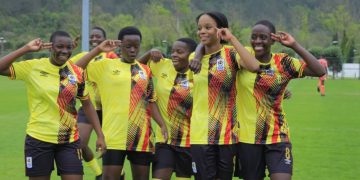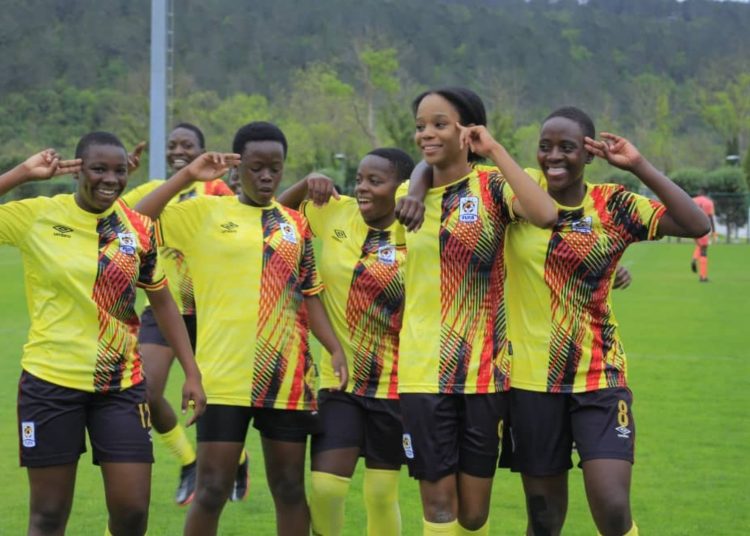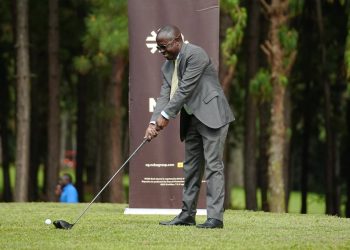In Uganda, a silent revolution is reshaping women’s football, challenging entrenched myths and cultural norms. Despite the Crested Cranes’ success on regional and international stages, grassroots barriers persist, especially in the Eastern region.
“In Bukedi Zone, only one women’s football club, Highway Ladies, contrasts starkly with 13 male clubs, underscoring historical biases,” says FUFA National delegate Mutsesi Zaitun.
Similarly, the dominance of the Nile region in the women’s league highlights disparities in support and promotion.
Zaitun attributes resistance to unfounded beliefs, such as fears of academic deviation or marital prospects.
“These beliefs perpetuate gender stereotypes, limiting women’s opportunities in the sport,” she adds.
FUFA Eastern chairperson Issa Musiwa highlights religious stereotypes, particularly regarding Islamic dress codes, as hindrances. Despite this, examples from Muslim-majority countries like Algeria and Morocco showcase potential for embracing women’s football.
Mulekwa Herbert, president of Highway Ladies FC, outlines challenges, including parental concerns, lack of incentives, and management issues. Despite obstacles, players like Nandede Zaina, Ekwapt Fazila, and Yudaya Nakayenze exemplify the sport’s potential.
Joseph Mukholi of USPA Eastern region stresses the need for grassroots investment and overcoming administrative hurdles to foster women’s football. Nakayenze’s journey from village girl to national icon exemplifies the transformative power of community support and personal perseverance.
By dismantling myths and fostering inclusivity, Uganda aims to unlock the full potential of women’s football, paving the way for empowerment and equality within the sport.





























